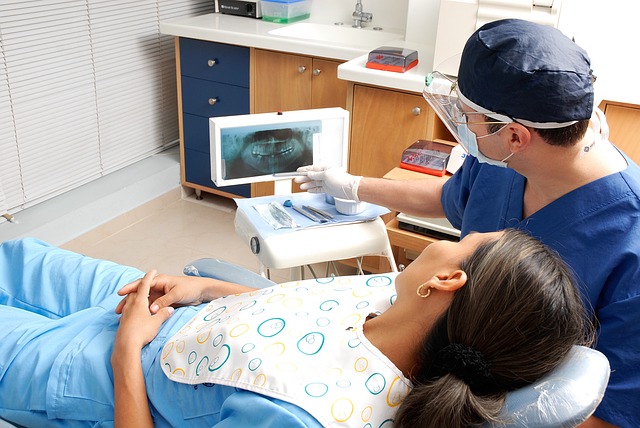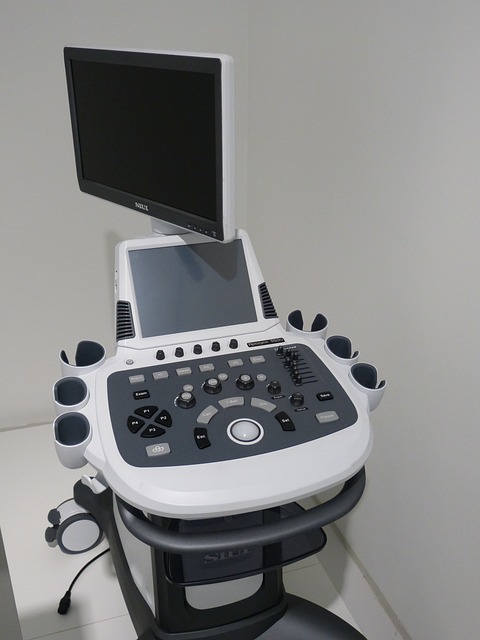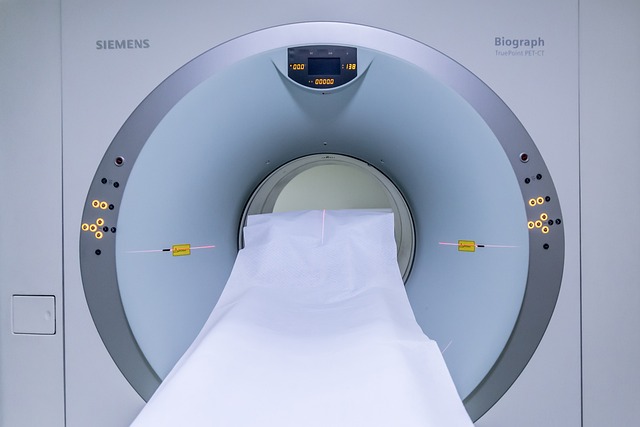In traditional healthcare settings, managing patient appointments is inefficient due to manual processes like phone calls and paperwork, leading to high no-show rates. Automating patient booking with EMR scheduling integration, appointment software, and AI/ML technologies offers solutions. These tools streamline operations, reduce no-shows, optimize resource utilization, enhance patient satisfaction, and improve clinical workflows by providing user-friendly interfaces, real-time calendar integration, instant confirmations, online booking, and precise scheduling based on historical data. Integrating these systems with clinic management software ensures efficient access to patient information, minimizing revenue loss, and maximizing clinic capacity. Ultimately, automated patient booking enhances the overall patient experience while boosting healthcare provider productivity.
In today’s fast-paced healthcare landscape, efficient scheduling is key to maximizing clinic efficiency and enhancing patient satisfaction. Traditional systems often fall short, leading to overbooked appointments, long wait times, and administrative burdens. This article explores the transformative power of automated patient booking services. We’ll delve into the challenges of manual scheduling, uncover the benefits of automation, highlight crucial features, discuss AI’s role in precision and personalization, integration with existing software, and finally, measure success through improved patient satisfaction and streamlined clinical workflows.
- Understanding the Challenges of Traditional Scheduling Systems
- The Benefits of Automating Patient Booking: Increased Efficiency and Reduced Wait Times
- Key Features of an Effective Automated Patient Booking System
- How AI and Machine Learning Enhance Scheduling Accuracy and Personalization
- Integrating Automated Booking with Existing Clinic Management Software
- Measuring Success: Evaluating the Impact on Patient Satisfaction and Clinical Workflows
Understanding the Challenges of Traditional Scheduling Systems

In the traditional setting, managing patient appointments involves a cumbersome process of phone calls, paperwork, and manual tracking, leading to inefficiencies and increased administrative burdens for healthcare providers. This outdated system often results in no-show appointments, which not only wastes valuable time but also hampers clinic productivity and patient satisfaction. Healthcare professionals, especially those with busy schedules, struggle to juggle multiple tasks, from accommodating new patients to rescheduling missed appointments, leaving little room for error.
The need for an automated patient booking system is evident to address these challenges. By implementing innovative solutions like EMR scheduling integration and appointment software, healthcare facilities can streamline their operations. Automated systems not only simplify the scheduling process but also reduce no-show instances through effective reminders and confirmation processes. This revolutionary approach ensures optimal resource utilization, improves clinic efficiency, and ultimately enhances patient experience.
The Benefits of Automating Patient Booking: Increased Efficiency and Reduced Wait Times

Automating patient booking offers a multitude of benefits for both healthcare providers and patients. By implementing an automated system, clinics can significantly streamline their scheduling processes, resulting in increased efficiency and reduced wait times. The traditional manual booking method often leads to administrative burdens, where staff spend valuable time managing appointments, revisiting confirmations, and dealing with cancellations or rescheduling. This not only delays patient care but also hampers the overall productivity of the healthcare team.
With automated patient booking, scheduling becomes a seamless experience. EMR (Electronic Medical Record) scheduling integration allows for efficient data management, enabling healthcare providers to access patient information swiftly. Calendar integration healthcare systems can then automatically generate appointment slots based on available resources, ensuring optimal time utilization. Wait times are minimized as patients can book appointments online or through automated phone systems, reducing no-show rates and maximizing clinic capacity.
Key Features of an Effective Automated Patient Booking System

An effective automated patient booking system is a game-changer for clinics, offering seamless and efficient scheduling solutions that can significantly enhance overall clinic performance. Key features to look out for include intuitive user interfaces designed with both patients and healthcare providers in mind. This ensures easy navigation and quick appointment scheduling or rescheduling without the usual administrative hassle.
Calendar integration healthcare functionality is paramount, allowing for real-time visibility of available time slots and immediate confirmation of appointments. Furthermore, EMR (Electronic Medical Record) scheduling integration streamlines the process by automatically updating patient records with scheduled visits, fostering better continuity of care. Additional benefits may include automated reminders, online booking options, and flexible cancellation policies, all contributing to improved patient satisfaction and clinic efficiency.
How AI and Machine Learning Enhance Scheduling Accuracy and Personalization

Artificial Intelligence (AI) and Machine Learning (ML) are revolutionizing the way healthcare clinics manage their schedules, offering unparalleled accuracy and personalization in automated patient booking. These technologies analyze vast amounts of historical data to predict optimal appointment slots, minimizing no-show rates by identifying patterns and suggesting suitable times for patients based on their preferences and past behavior. By learning from each interaction, the AI algorithms adapt and improve over time, ensuring a seamless experience for both staff and patients.
The implementation of intelligent scheduling systems goes beyond basic calendar integration healthcare. These advanced appointment software solutions can anticipate patient needs, such as accommodating specific medical requirements or personal constraints, leading to improved patient satisfaction. Moreover, ML models can optimize resource allocation by forecasting demand, preventing overbooking, and ensuring efficient use of clinic facilities, ultimately enhancing overall operational efficiency.
Integrating Automated Booking with Existing Clinic Management Software

Integrating automated patient booking systems with existing clinic management software is a strategic move that streamlines operations and enhances overall efficiency. By seamlessly connecting appointment scheduling with EMR (Electronic Medical Record) systems, clinics can achieve a unified workflow where patient information is readily accessible, reducing manual data entry and potential errors. This integration ensures that the latest patient records are available to healthcare providers during consultations, facilitating more informed decision-making.
Moreover, automated booking solutions offer advanced features like no-show management, allowing practices to optimize their resources effectively. These systems can automatically reschedule appointments when patients cancel or fail to attend, minimizing revenue loss and ensuring a consistent flow of patients throughout the day. With scheduling automation, clinics can focus on delivering exceptional patient experiences while maintaining optimal operational productivity.
Measuring Success: Evaluating the Impact on Patient Satisfaction and Clinical Workflows

The success of an automated patient booking system is best measured by its impact on both patient satisfaction and clinical workflows. By streamlining the scheduling process, patients can expect more convenient appointment times, reduced wait times, and improved accessibility. This enhances overall patient experience, leading to higher satisfaction rates.
In healthcare settings, calendar integration plays a pivotal role in efficient scheduling automation. Efficient no-show management, another aspect of this technology, helps optimize resources by minimizing vacant appointments. Ultimately, these improvements translate into better clinical workflows, allowing healthcare providers to focus more on patient care and less on administrative tasks, thereby boosting productivity and operational efficiency.
